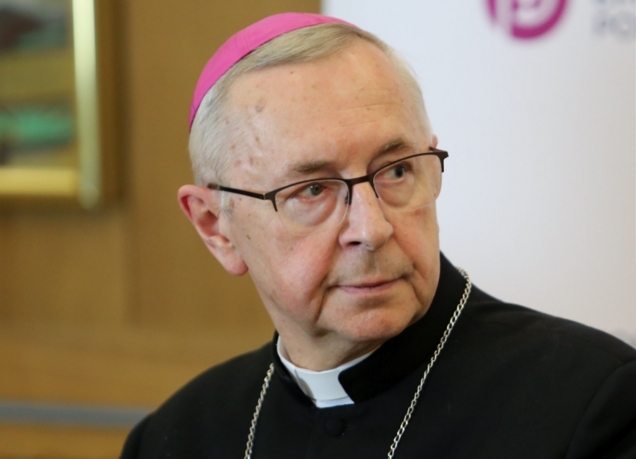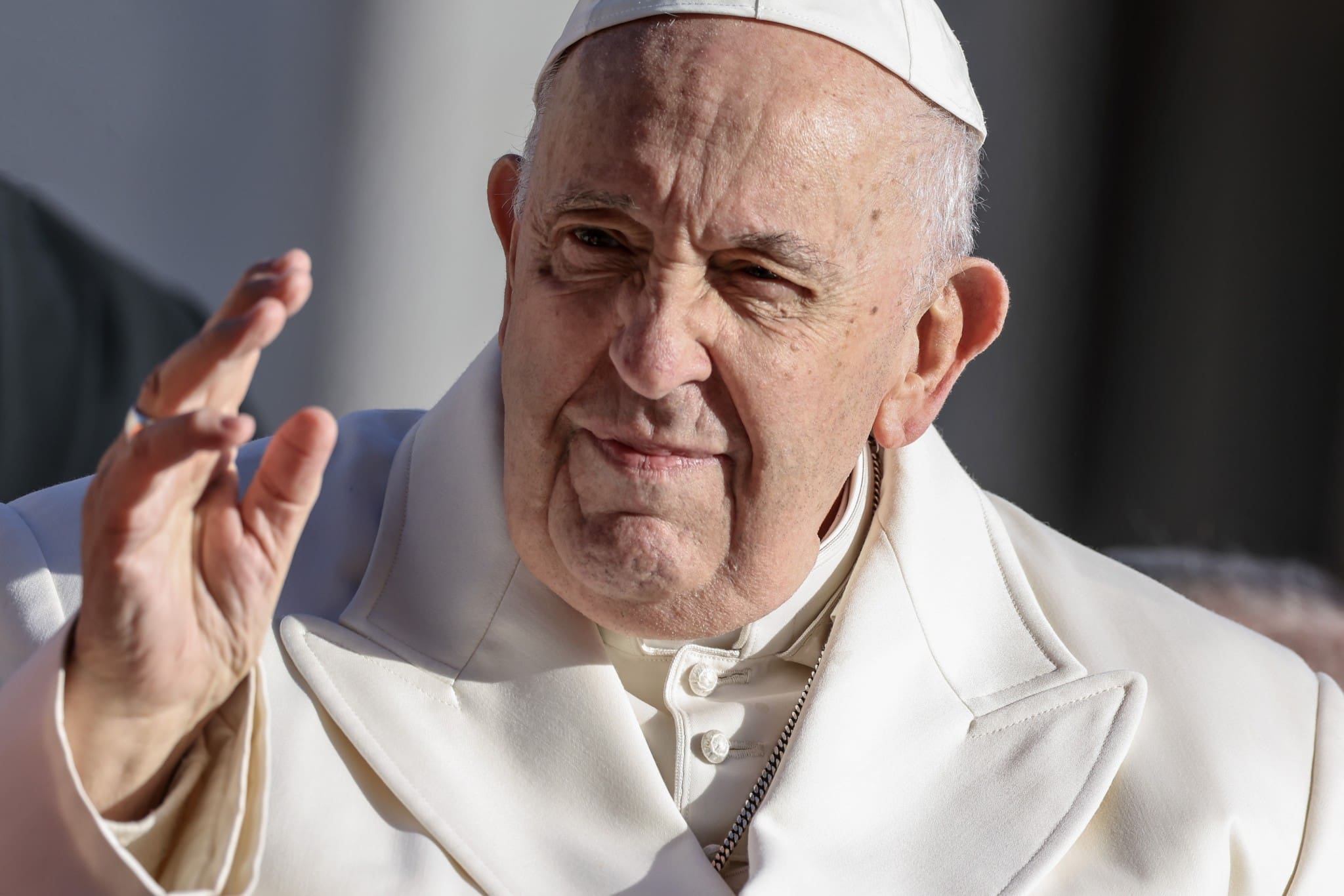The letter from the Polish bishops to Pope Francis criticizing LGBT reforms in the German Church raised hackles with the German Episcopate whose head, Bishop Georg Bätzing, accused the head of the Polish Episcopate, Stanisław Gądecki, of “exceeding his powers” and denigrating the German Church.
The Polish bishops criticized the outcome of the Synod process of the German Church, which calls for radical reforms to the Catholic Church. The reforms, involving both bishops and parishioners, were produced after three years of deliberations, and involve enhancing the role of women and increasing openness to sexual minorities.
During the German Synod, the representatives of the German Church are reported to have proposed greater openness of the Church towards LGBT and divorcees, as well as the abolition of the vow of celibacy for priests.

Archbishop Gądecki criticized the German reforms for being “uncatholic,” arguing against, for example, avoiding the recording of gender in Church birth certificates, enabling young people to declare a new gender during christenings, and then allowing such people to become priests and receive holy communion.
Bishop Georg Bätzing accuses the Polish Church of being undemocratic and of questioning parliamentary democracy, because of its objections to how democratic he feels the Synodal process actually is. He argues that in this way the Polish Church has placed itself on the side of authoritarianism and in opposition to democracy.
Bishop Bätzing also alleged that Gądecki had never raised his objections during the Synod and accused the head of the Polish Church of acting in a way contrary to the principles of the Synod and the brotherhood of priests.
In his response, Pope Francis has expressed his concerns at the steps taken by the German Episcopate. The pope stated that those engaged in the German Synodal process are “seeking redemption” by inventing new bodies inside the Church and repeating the same subject matter over and over again in an “egocentric way.”
He advised the German church to adopt a course of “prayer, atonement and worship,” opening itself up to those most in need who “can be met on the streets, prisons and hospitals.” He also sided with four women who criticized the German Church’s teaching for departing from “the mother church.”





